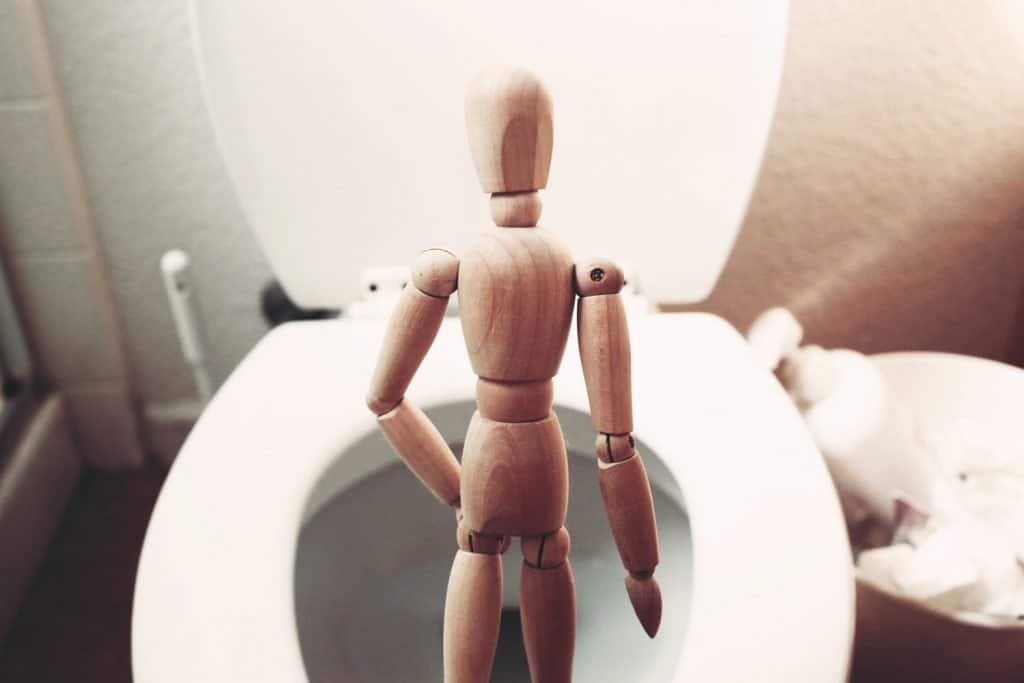
The number of people living with incontinence is staggering worldwide. It is estimated that 400 million individuals suffer from this condition.
Urinary incontinence is something that many people live with every day, but it’s still a topic we can’t talk about too openly. The reason for this silence in conversation may be due to the fact there isn?t much awareness or understanding of incontinence. Here are some myths about urinary incontinence:
Women are the only ones who suffer from urinary incontinence
Although urinary incontinence is more common in women, it affects both sexes. Men can also develop different types of incontinence for a number of reasons, including prostate problems and surgery.
Urinary incontinence is just a minor problem
On the contrary, urinary incontinence can significantly impact your life. For example, it can cause social anxiety and isolation, making it difficult to work or exercise. In severe cases, urinary incontinence can lead to urinary tract infections, skin problems, and even kidney damage.
Only older adults suffer from urinary incontinence
Age does play a role in urinary incontinence. As we age, our muscles and tissues weaken and the chances of developing incontinence increase. But urinary incontinence is not an inevitable part of the ageing process. Urinary incontinence affects people of all ages, from young children to adults.
There?s nothing you can do about urinary incontinence
While there is no cure for urinary incontinence, several treatments can help manage symptoms effectively. Treatment interventions for urinary incontinence include pelvic floor exercises, weight loss, medications, and surgery.
Pelvic floor exercises are only for women
Pelvic floor exercises benefit both sexes. The pelvic floor is a group of muscles that support the bladder, vagina, and rectum. Strengthening these muscles can help prevent or treat urinary incontinence.
You have to be overweight to suffer from urinary incontinence
Weight does play a role in urinary incontinence?excess weight can put pressure on the pelvic floor muscles and weaken them, leading to incontinence. However, you don’t have to be overweight to suffer from urinary incontinence. Anyone can develop the condition, regardless of their weight.
It is a highly contagious disease
Contrary to popular belief, urinary incontinence is not contagious. You can’t catch it from someone else. Urinary incontinence is a medical condition caused by various factors, including weak pelvic floor muscles, pregnancy, childbirth, menopause, and certain medications. While it’s more common in women than men, anyone can experience urinary incontinence.
Urinary incontinence is a sign of mental illness
While urinary incontinence is a common issue for many people, there is a misconception that it is caused by mental illness. In reality, mental illness does not cause urinary incontinence. Rather, it is a medical condition caused by various factors, including physical problems, medications, and lifestyle choices. While stress and anxiety can worsen the symptoms of urinary incontinence, they are not the root cause of the condition.
Final thoughts
If you are suffering from urinary incontinence, don?t suffer in silence. Talk to your doctor to learn more about urinary incontinence. With the proper treatment, you can live a normal, active life.








